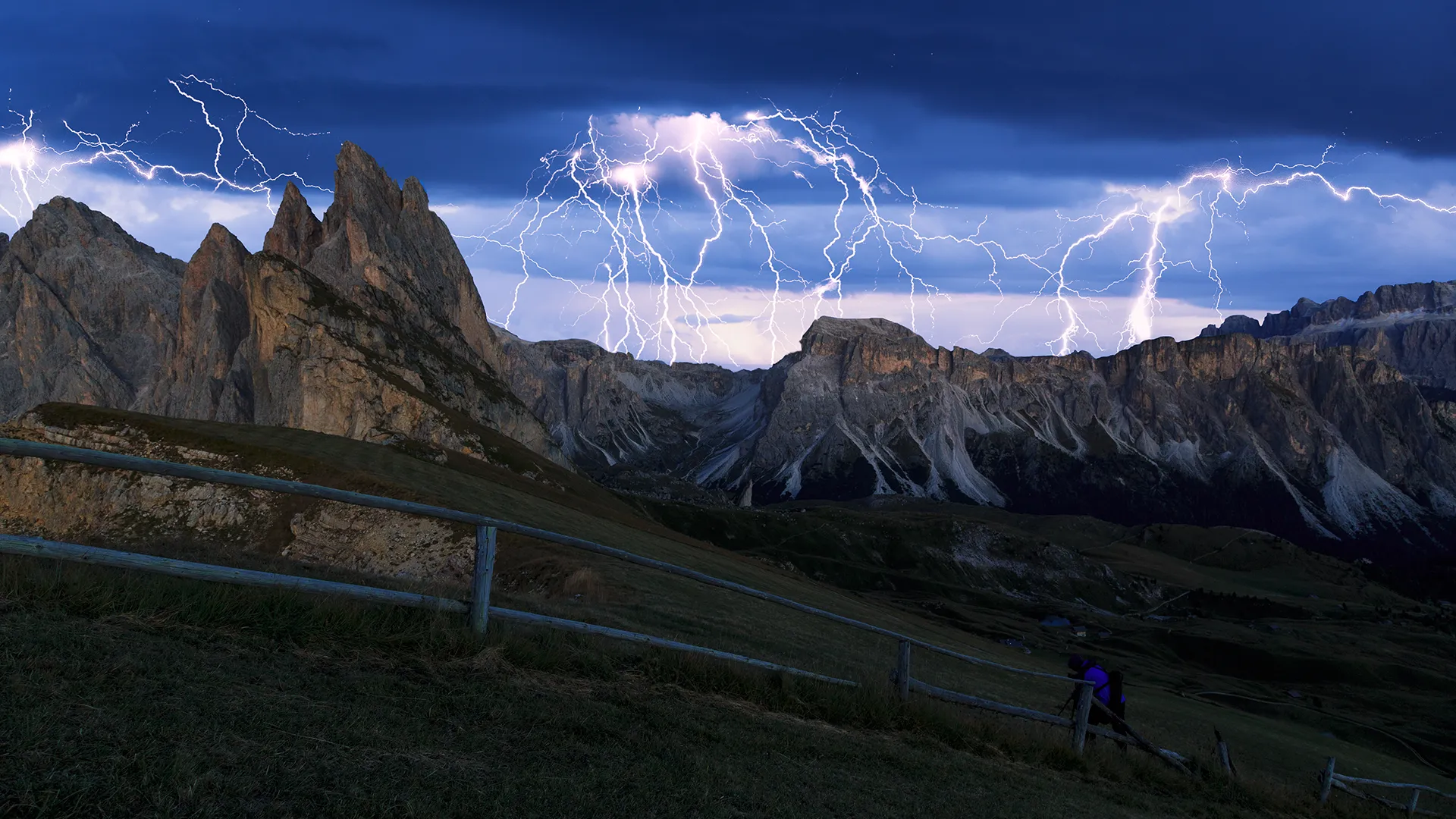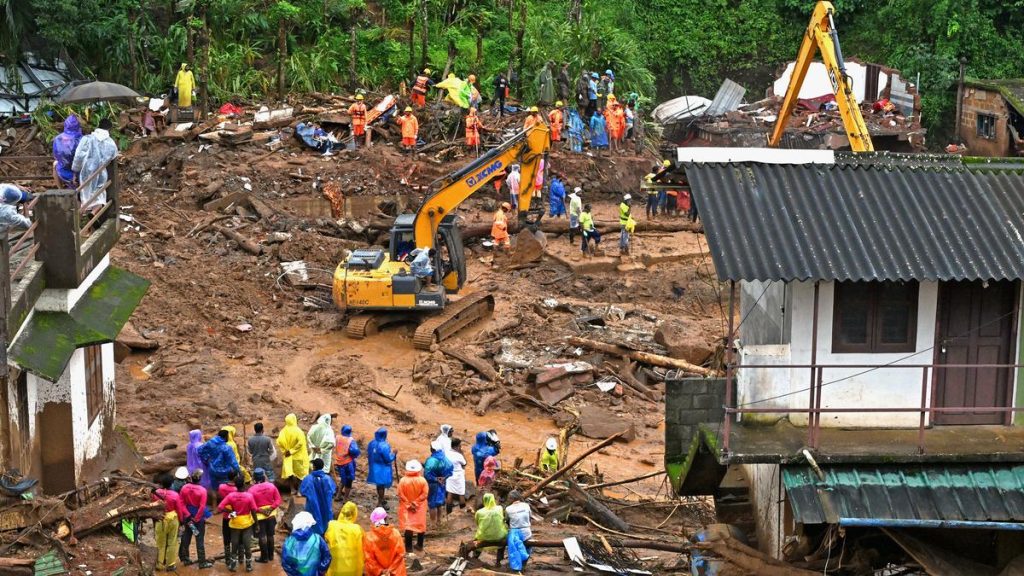Now Reading: Alpine Flash Floods: Climate Change Fuels Intensifying Summer Storms
-
01
Alpine Flash Floods: Climate Change Fuels Intensifying Summer Storms
Alpine Flash Floods: Climate Change Fuels Intensifying Summer Storms

Quick Summary
- Scientists at the University of Lausanne (UNIL) and the University of Padova (UNIPD) conducted a study on short-lived summer downpours in the Alpine regions.
- Data from nearly 300 mountain weather stations were analyzed, focusing on record-breaking rainfall events between 1991 and 2020.
- Findings indicate that a 2°C rise in regional temperatures could double the frequency of intense summer storms, reducing their recurrence interval from every 50 years to every 25 years.
- Warm air’s increased moisture retention (7% more per degree) heightens thunderstorm activity; Alpine regions are warming faster than global averages.
- The June 2018 extreme rainfall in Lausanne, Switzerland-41 mm in just 10 minutes-caused extensive flooding and property damage worth an estimated CHF32 million.
- flash floods linked to these storms pose risks such as infrastructure damage and casualties due to limited absorption capacity of soil during sudden water influxes.
- Researchers emphasize the urgency for adaptation strategies like enhancing urban drainage systems as warming trends persist.
Indian Opinion Analysis
The study presents important insights about climate-driven risks posed by extreme weather events in sensitive regions like the Alps. While focused on Europe, it highlights consequences relevant worldwide-including India-where flash floods often hit vulnerable areas during monsoons. Warming-related precipitation patterns found here mirror those observed globally, emphasizing India’s need for proactive adaptation measures.
India has witnessed similar challenges with rapid urbanization outpacing drainage infrastructure upgrades. With climate change intensifying flood risks across many parts of India-such as Mumbai’s episodes or Himalayan flooding-the research underscores preparedness imperative for governments globally.
This drives home not just scientific predictions but actionable priorities: investing early into resilient urban planning while taking into account localized environmental dynamics shaped by a rapidly warming planet is crucial.

























